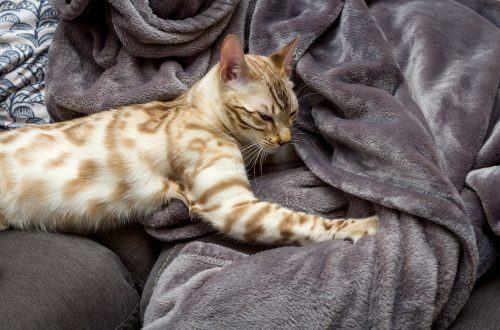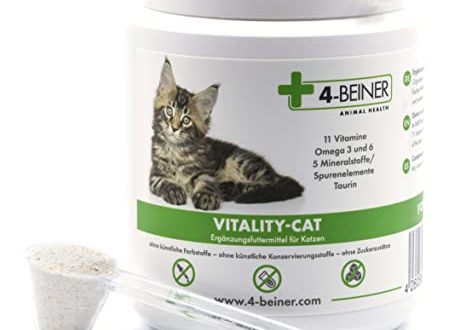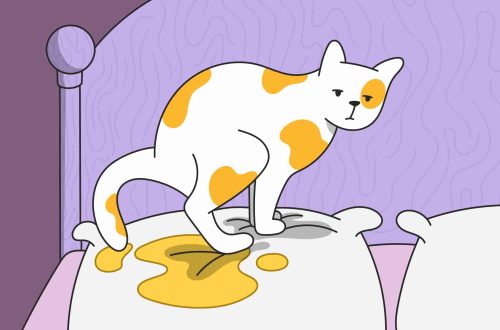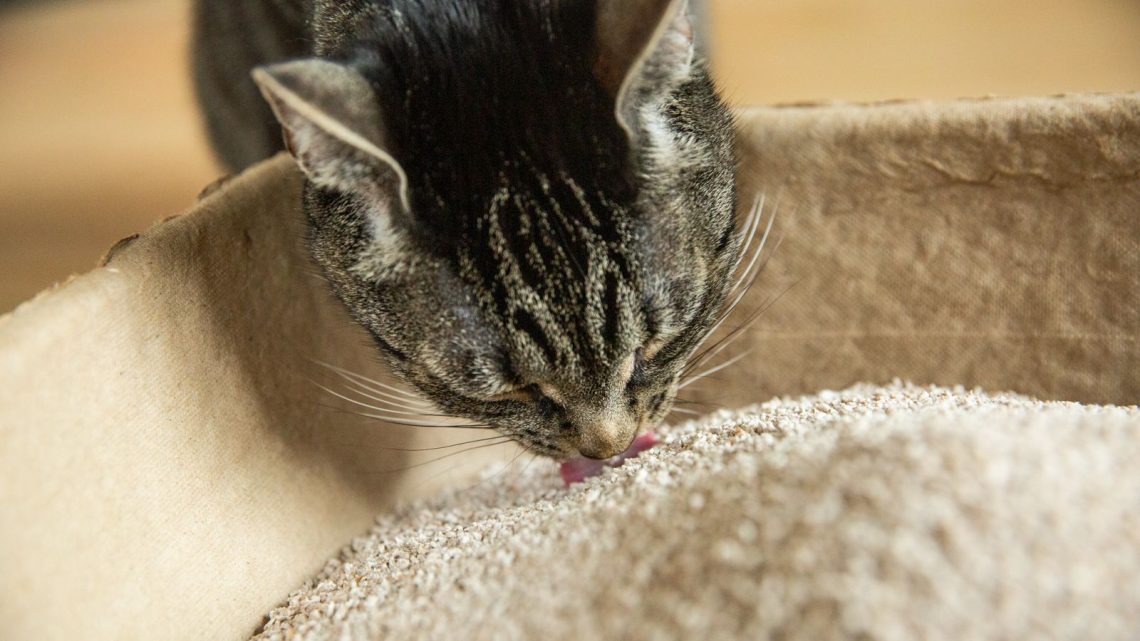
Why does a cat eat litter
Cats have a reputation for being picky eaters, but if so, why do they sometimes eat litter?
Sometimes a furry friend goes to his tray not at all to do his business there. There are several reasons why cats eat litter or other contents of the litter box.
Contents
Is it OK for cats to eat litter and/or feces
Animals with a disorder called pica (pika) compulsively eat inedible foods – plastic, earth and wool. Cats with picacism can also eat the filler of their tray. This condition can begin in a small kitten and last until adulthood.
Eating feces is called coprophagia. While this may be an unpleasant sight, this behavior is actually natural for many animals.
Although coprophagia is most common in dogs, cats can also exhibit similar tendencies. Eating feces in young cats is quite common. Kittens are born without any microorganisms in the gastrointestinal tract. According to Smithsonian Magazine, ingesting microbes in the feces in the first few weeks of life helps a kitten create a balanced gastrointestinal ecosystem.
Most cats outgrow coprophagia when they are weaned by their mother cat and litter boxed, but sometimes this behavior persists into adulthood.
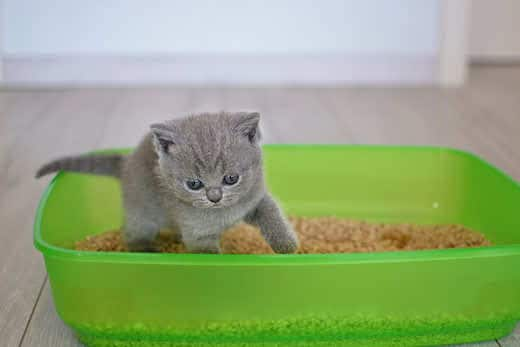
Why does a cat eat litter
There are several factors that can cause a cat to taste the contents of their litter box.
Behavioral reasons
The cat began to eat litter for the toilet, although she has not been a kitten for a long time? As the Veterinary Partner explains, emotional states, including anxiety, can trigger the urge to eat feces, especially when the daily routine is disrupted.
If a cat starts having these symptoms, they can easily become compulsive. Stress associated with prolonged exposure at an early age, such as in a carrier or cage, can also cause the animal to eat the contents of its litter box.
Or maybe your cat is just bored and needs some mental stimulation.
Medical reasons
If your cat is eating litter, it could be a sign of a serious health problem. Petful notes that this could indicate anemia, a vitamin or mineral deficiency, or a neurological disorder. These conditions require diagnosis by a veterinarian.
Older cats with cognitive impairments may also have trouble using the litter box. Sometimes they start doing their business elsewhere and try to hide the evidence by eating it.
How to act
If the cat eats the contents of the litter box, it is important to clean it at least once a day. Particular attention should be paid to hygiene if several cats live in the house. Do not forget to throw away all the filler that has fallen out of the tray.
If your cat eats clay litter, International Cat Care suggests switching to biodegradable litter. If a cat eats clumping litter, they may experience respiratory and/or digestive complications.
Because vitamin and mineral deficiencies can cause coprophagia, it’s important to make sure your furry friend is eating a high quality, balanced diet.
Eating feces puts you at risk of contracting Salmonella or E. coli. It is necessary to take the cat to the veterinarian for examination and tests, if necessary.
If the cat’s stool is too soft, too hard, or light in color, it’s best to take a sample to your veterinarian for analysis. A healthy cat’s feces are usually dark brown and have a clay-like consistency.
To rid a cat of the habit of eating the contents of the tray, it is necessary to correctly diagnose it with a veterinarian and eliminate the root cause.



